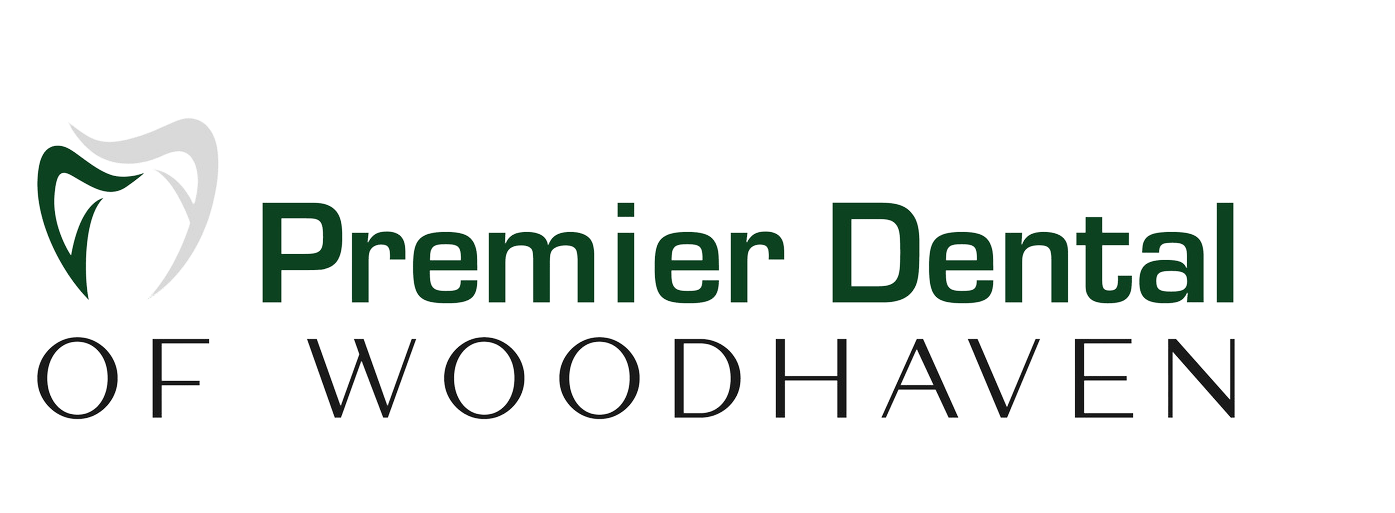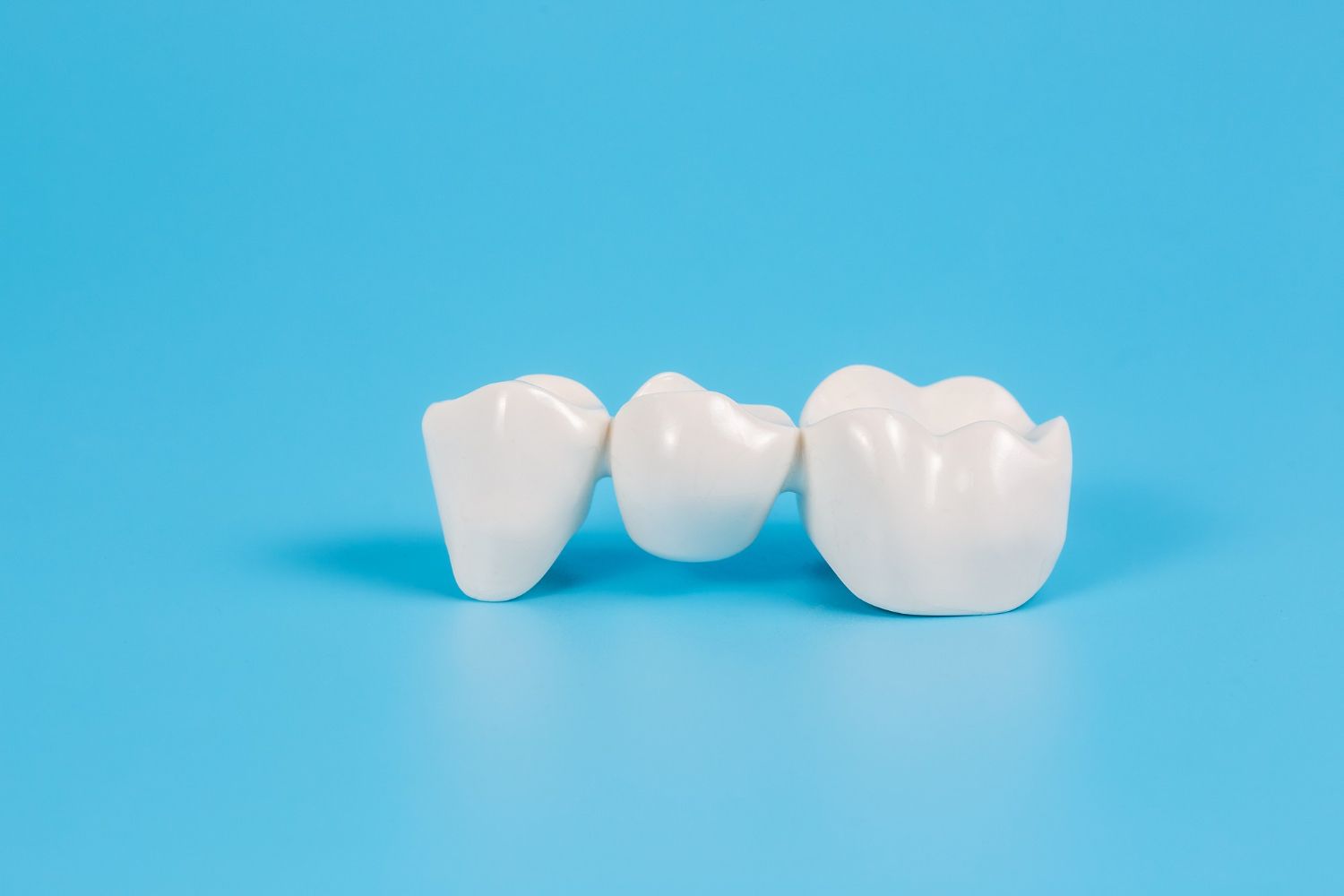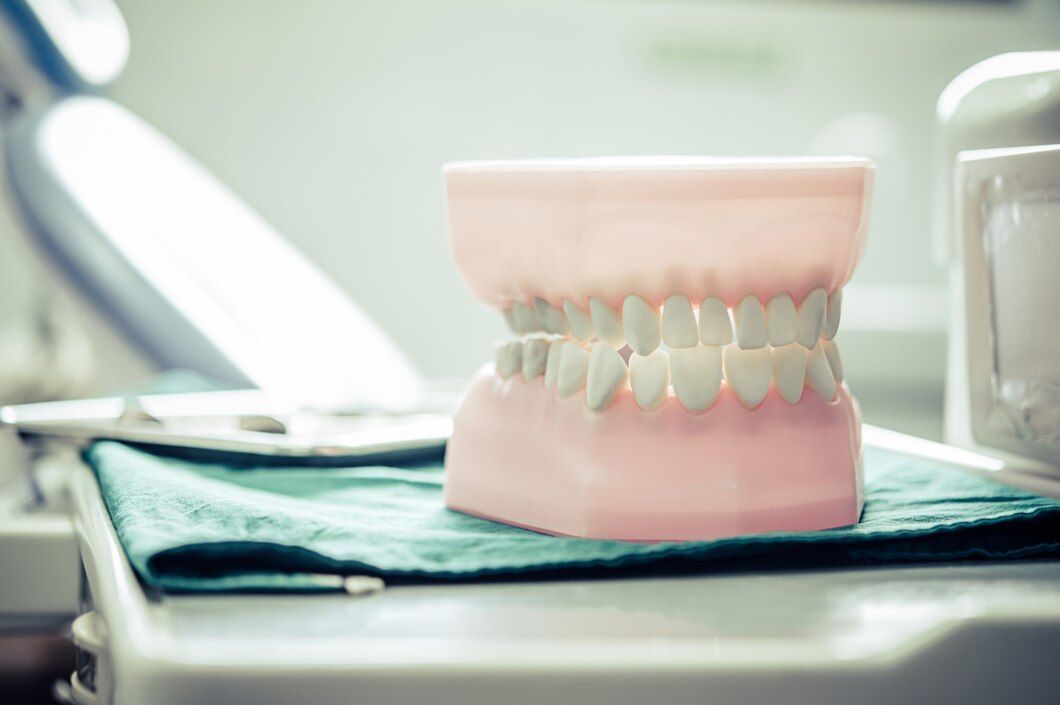Sugar, Bacteria, and You: Understanding Why Cavities Happen
Have you ever bitten into something cold or sweet and felt a quick zing shoot through a tooth? That tiny flash of discomfort is often a warning that a cavity may be on the horizon. Cavities don’t appear overnight, and they certainly aren’t a personal failing—they’re simply the natural outcome of everyday habits many of us can fine-tune. Let’s explore why cavities form and how a few small changes can keep your smile strong.
What Is a Cavity? A Simple Science Lesson
What is a cavity? In the simplest terms, it’s a small hole in the hard outer layer of a tooth called enamel. Beneath enamel lies dentin, a softer layer riddled with microscopic tunnels that lead straight to the nerve center. Cavity-causing bacteria feed on sugars and starches, producing acid that weakens enamel. Once that acid eats through to dentin, a cavity forms. Because dentin is softer, decay progresses quickly unless it’s stopped by professional care.
The Perfect Storm: Five Factors Behind Cavities
- Sugar-Hungry Bacteria
Naturally occurring oral bacteria thrive on sugary foods and drinks. The more sugar they consume, the more enamel-dissolving acid they create.
- Sticky or Frequent Snacks
Caramels, crackers, dried fruit, and even flavored coffee additions cling to teeth, prolonging acid attacks throughout the day.
- Thin or Weakened Enamel
Genetics, certain health conditions, or childhood habits can leave enamel thinner and more vulnerable to decay.
- Dry Mouth
Saliva neutralizes acids and rinses away debris. Medications, dehydration, or mouth-breathing reduce saliva flow and raise cavity risk.
- Inconsistent Home Care
Skipping twice-daily brushing with fluoride toothpaste or neglecting floss gives bacteria more time to dig in and start breaking down surfaces.
What Do Cavities Feel Like? Spotting Trouble Early
People often ask, “What do cavities feel like?” Early decay may be silent, but common warning signs include:
- Sensitivity to sweets, cold, or heat
- A dull ache after eating
- Sharp pain when biting down
- A visible dark spot or tiny pit on a tooth
Recognizing these signals early means treatment can be a simple filling instead of more complex care.
Benefits of Good Dental Hygiene—Backed by Professionals
The American Dental Association (ADA) and the Centers for Disease Control and Prevention (CDC) repeatedly highlight the life-changing benefits of consistent home care:
- Brushing twice a day with fluoride toothpaste actively strengthens enamel and can reduce new decay by up to 40 percent.
- Flossing once daily removes plaque from places a brush can’t reach, lowering the chances of both cavities and gum disease.
- Using a fluoride mouth-rinse (when age-appropriate) adds an extra layer of protection, especially valuable for children and seniors.
- Scheduling professional cleanings every six months removes hardened tartar and lets your dentist catch tiny cavities or gum issues before they escalate.
These habits form a protective shield that keeps enamel strong, cuts treatment costs, and reduces time spent in the dental chair.
Prevention Playbook: Five Steps to Keep Decay Away
- Reach for Tooth-Friendly Snacks
Crunchy veggies, fresh fruit, cheese, and nuts help neutralize acids and supply minerals that rebuild enamel.
- Time Your Treats Wisely
Enjoy sweets with meals instead of between them. Saliva production spikes during meals, buffering acids more effectively.
- Sip More Water, Preferably Tap Water
Most municipal water is fluoridated. Drinking water all day rinses debris away and bathes teeth in cavity-fighting fluoride.
- Replace Your Toothbrush Every Three to Four Months
Frayed bristles clean poorly. If manual brushing is tricky, consider an electric model for more consistent plaque removal.
- Schedule Regular Checkups
Professional exams catch tiny cavities before they become painful. Premier Dental of Woodhaven uses advanced detection tools that make visits quick and comfortable.
Take Charge of Your Smile
Cavities don’t have to be a mystery. By understanding what is a cavity?, recognizing what do cavities feel like, and embracing reliable dental-hygiene habits, you can protect your teeth for life. Small adjustments—swapping sticky snacks for crunchy produce, adding a fluoride rinse, or booking that six-month cleaning—build a defense that keeps enamel strong and smiles bright.
If you have questions about cavity prevention or think you might already have one, Premier Dental of Woodhaven is ready to help. Call 347-474-4566 or visit us at 80-32 Jamaica Ave, Woodhaven, NY to schedule a friendly, judgment-free check-up. Together, we’ll keep your smile healthy today and for years to come.














